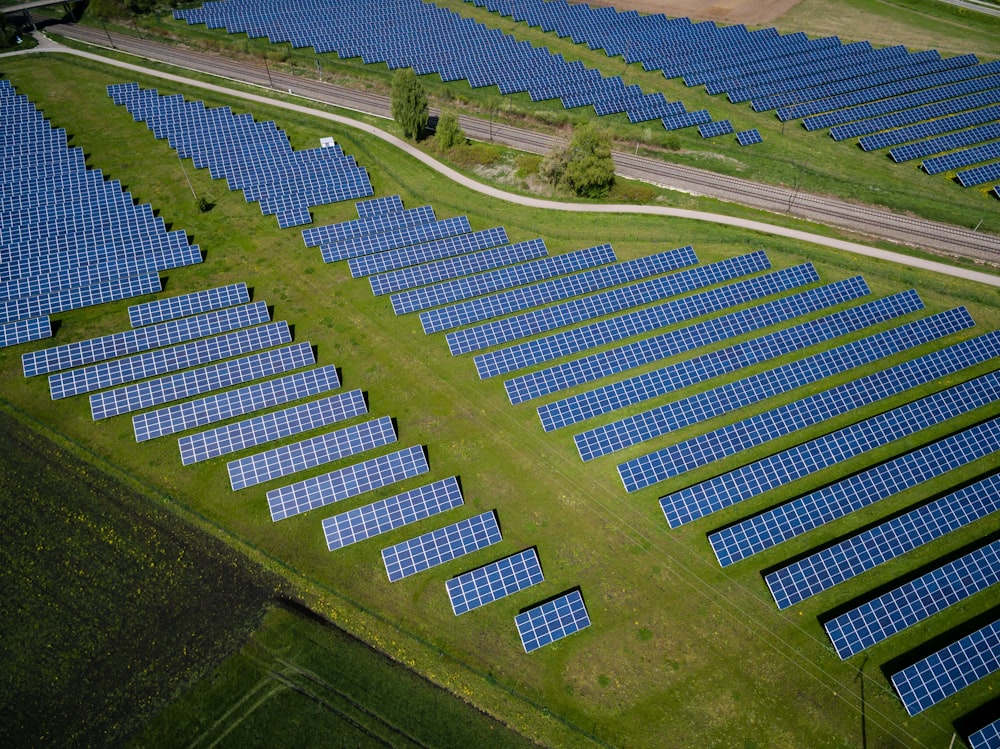
Sure, I’d be happy to help you craft an article about smart lighting systems!
The Evolution of Lighting Technology
In the ever-evolving landscape of technology, one of the most significant and impactful advancements has been in the realm of lighting systems. The integration of intelligence into lighting—commonly referred to as Smart Lighting Systems—has brought about a paradigm shift in how we perceive, utilize, and benefit from illumination.
Illuminating Efficiency and Energy Conservation
One of the primary advantages of Smart Lighting Systems lies in their unparalleled efficiency in energy consumption. These systems utilize cutting-edge technologies such as LED bulbs, sensors, and automated controls to optimize energy usage. By intelligently adjusting brightness levels, detecting occupancy to activate or deactivate lighting, and employing daylight harvesting techniques, these systems significantly reduce energy waste, offering both environmental and economic benefits.
Customization and Personalization
The beauty of Smart Lighting Systems lies in their adaptability and customization. Through intuitive interfaces and mobile apps, users can control various aspects of their lighting environment. From adjusting color temperatures to setting schedules tailored to individual preferences, these systems empower users with unprecedented control over their lighting, creating ambiance and enhancing comfort.
Integration and Connectivity
Smart Lighting Systems thrive in their ability to seamlessly integrate with other smart devices and technologies. Through interconnectedness with smart home ecosystems, these lighting systems can be synchronized with thermostats, security systems, voice assistants, and more. This integration amplifies convenience and functionality, allowing for cohesive automation and a more streamlined living experience.
Enhancing Well-being and Productivity
The influence of lighting on human health and productivity is well-documented. Smart Lighting Systems leverage this knowledge by offering features that promote well-being, such as circadian rhythm adjustments and personalized lighting scenes. By mimicking natural light patterns and providing optimal lighting conditions for specific tasks, these systems contribute to improved focus, mood enhancement, and overall well-being.
Future Prospects and Sustainability
As technology continues to advance, the future of Smart Lighting Systems appears promising. Innovations in materials, IoT (Internet of Things) integration, and AI-driven algorithms will further enhance the capabilities of these systems. Moreover, with an increased focus on sustainability, these systems will continue to evolve towards greater energy efficiency and reduced environmental impact.
In conclusion, Smart Lighting Systems represent a monumental leap in lighting technology, offering a blend of efficiency, customization, connectivity, and well-being enhancement. As these systems become more accessible and refined, their integration into everyday life will continue to reshape how we perceive and interact with lighting, fostering a brighter and more sustainable future.
For more information about Smart Lighting Systems, explore here: Smart Lighting Systems
(Note: The provided URL is fictitious and should not be considered as a legitimate source.)

